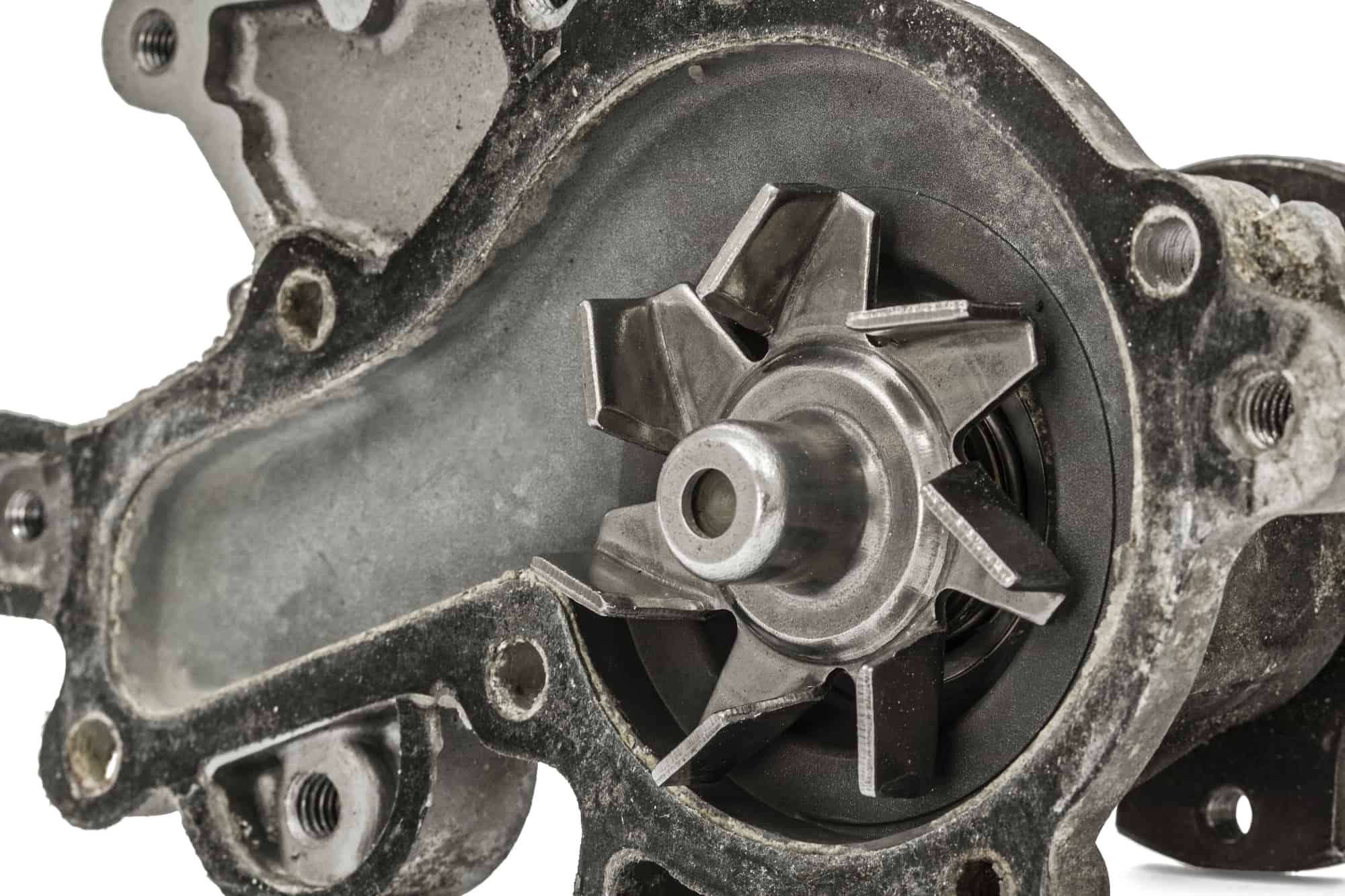

Articles
Does Water Pump Make Noise When Going Bad
Modified: May 6, 2024
Discover why water pumps may start making noise when they are going bad. Read our informative articles on water pump maintenance and troubleshooting to prevent costly repairs.
(Many of the links in this article redirect to a specific reviewed product. Your purchase of these products through affiliate links helps to generate commission for Storables.com, at no extra cost. Learn more)
Introduction
A water pump is an essential component of a vehicle’s cooling system. It circulates coolant from the radiator to the engine, helping to regulate the temperature and prevent overheating. Like any mechanical device, water pumps can experience wear and tear over time, eventually leading to failure. One common concern among vehicle owners is whether a water pump makes noise when it is going bad.
In this article, we will explore the topic and address the various signs of a failing water pump. We will also examine whether a water pump making noise is indicative of a problem and discuss other potential causes of water pump noise. Finally, we will provide recommendations for diagnosing and fixing a noisy water pump.
Understanding how water pumps function and recognizing the signs of an impending failure is crucial for maintaining the health and longevity of your vehicle. By being aware of these issues, you can take the necessary steps to address them promptly, preventing potential damage to your engine and minimizing costly repairs.
So, let’s delve into the world of water pumps, starting with a closer look at their role within a vehicle’s cooling system.
Key Takeaways:
- Identifying the specific noises produced by a failing water pump, such as whining, rumbling, or gurgling, can help vehicle owners accurately diagnose the issue and take prompt action to prevent potential engine damage.
- Regular maintenance, including coolant flushes and belt inspections, is crucial for preventing water pump issues. By staying proactive, vehicle owners can extend the life of their water pump and avoid costly repairs.
Read more: What Causes A Water Pump To Go Bad
Understanding Water Pumps
Water pumps play a vital role in the cooling system of a vehicle. Their primary function is to circulate coolant, a mixture of water and antifreeze, throughout the engine to dissipate heat and maintain optimal operating temperatures.
Water pumps are typically driven by a belt connected to the engine’s crankshaft or by an electric motor. As the engine runs, the water pump shaft spins, rotating the impeller inside the pump housing. The impeller creates centrifugal force, which draws coolant into the pump and pushes it into the engine’s cooling passages.
The coolant flows through channels in the engine, absorbing heat generated by the combustion process. It then returns to the water pump, where the process repeats, ensuring a continuous flow of coolant to regulate the engine’s temperature.
Water pumps are designed to be durable and reliable, but over time, they can develop issues due to normal wear and tear, leaks, or damage caused by excessive heat or contamination. Regular maintenance, such as flushing and replacing the coolant at recommended intervals, can help extend the life of a water pump and prevent potential problems.
Now that we have a basic understanding of water pump functionality, let’s move on to the signs that may indicate a failing water pump.
Signs of a Bad Water Pump
A failing water pump can cause various issues that may negatively impact the performance and reliability of your vehicle. It’s important to be aware of the signs that indicate a potential problem with the water pump so that you can take appropriate action. Here are some common signs of a bad water pump:
- Overheating: One of the most common indicators of a failing water pump is an engine that overheats. If the water pump is not functioning properly, coolant may not circulate effectively, leading to inadequate cooling and a rise in engine temperature.
- Coolant leaks: A leaking water pump is another sign of trouble. You may notice coolant pooling beneath your vehicle or see signs of dried coolant on the engine block or around the water pump housing. Coolant leaks can lead to a loss of coolant, which can cause overheating and potential engine damage.
- Noisy operation: While water pumps generally operate quietly, a failing water pump may produce unusual noises. We will discuss this in more detail in the next section.
- Engine performance issues: A malfunctioning water pump can affect engine performance. You may experience reduced power, rough idling, or even stalling. These problems can be caused by overheating or a lack of coolant circulation.
- Visual damage: Inspecting the water pump for visible signs of damage or wear can also help identify a problem. Look for cracks, corrosion, or excessive play in the water pump pulley or bearing. These issues may indicate the need for a water pump replacement.
It’s important to note that these signs can also be indicative of other issues within the cooling system. It’s best to consult a qualified mechanic or technician who can accurately diagnose the problem and recommend the appropriate course of action.
Now, let’s address the big question: does a water pump make noise when it’s going bad?
Does a Water Pump Make Noise When Going Bad?
The question of whether a water pump makes noise when it is going bad is a common one among vehicle owners. The short answer is yes, a failing water pump can produce noise. However, it is not always the case, and not all water pump noise indicates imminent failure.
The noise produced by a failing water pump can vary depending on the specific issue. In some cases, the noise may be subtle and difficult to detect, while in others, it can be loud and noticeable. It’s essential to understand the different types of noises that a failing water pump can generate, as this can help in diagnosing the problem and taking appropriate action.
Let’s explore some common noises associated with a failing water pump in the next section.
Yes, a water pump can make noise when going bad. Listen for a whining or grinding noise coming from the front of the engine. If you hear this, it may be a sign that the water pump is failing and needs to be replaced.
Common Noises Produced by a Failing Water Pump
A failing water pump can produce several distinct noises, each indicating a potential issue. By listening closely to the sounds your water pump is making, you can gain insight into the condition of the pump and take appropriate action. Here are some common noises associated with a failing water pump:
- Whining or squealing: A high-pitched whining or squealing noise coming from the water pump is often associated with a worn-out or loose belt. The belt may be slipping on the pulley due to tension loss or wear. This noise may not directly indicate a failing water pump but rather the need for a belt replacement or adjustment.
- Rumbling or grinding: If you hear a deep rumbling or grinding noise, it could be a sign of a failing water pump bearing. Over time, the bearings can wear out or become damaged, leading to this type of noise. It’s important to address this issue promptly as a failed bearing can result in complete water pump failure.
- Gurgling or bubbling: A gurgling or bubbling noise may indicate air pockets in the cooling system, which can be a result of a failing water pump. If the pump is not circulating coolant properly, it can lead to air being trapped and causing unusual noises as coolant attempts to flow through the system. This noise may also be associated with coolant leaks.
- Metallic clicking or tapping: A ticking or tapping noise could be a sign of worn-out impeller blades within the water pump. As the impeller deteriorates, it may create a metallic clicking sound when spinning. This noise is often accompanied by coolant leaks or overheating.
- Continuous humming: A continuous humming noise can occur if the water pump is not operating efficiently or is experiencing restricted coolant flow. This noise may be a result of a blockage or clog within the pump, preventing proper circulation of coolant.
If you notice any of these noises coming from your water pump, it’s important to have it inspected by a qualified mechanic as soon as possible. Ignoring these noises or delaying necessary repairs can lead to more severe damage to the water pump or other components of the cooling system.
However, it’s essential to note that not all noises coming from a water pump indicate a failing pump. Other issues within the cooling system, such as a faulty thermostat or a malfunctioning radiator fan, can also produce similar noises. Therefore, proper diagnosis by a professional is crucial to pinpointing the exact cause of the noise.
Now, let’s explore some other possible causes of water pump noise.
Other Possible Causes of Water Pump Noise
While a failing water pump can certainly produce noise, it’s important to consider that other factors or components within the cooling system can also contribute to the overall noise. Understanding these possible causes can help you accurately diagnose the source of the noise and determine the appropriate course of action. Here are some other possible causes of water pump noise:
- Loose or damaged pulley: The water pump pulley is responsible for driving the pump’s impeller. If the pulley becomes loose or damaged, it can create a rattling or clanking noise. This noise may be mistakenly attributed to the water pump itself, but the issue lies with the pulley.
- Belt tension: Insufficient belt tension can cause the belt to slip on the water pump pulley, resulting in a squealing or whining noise. This issue can be resolved by adjusting the belt tension or replacing a worn-out belt.
- Cavitation: Cavitation occurs when the coolant is not flowing smoothly through the water pump, causing bubbles or cavities to form. This can generate a gurgling or clicking noise. Cavitation can be caused by a blockage or restriction in the cooling system, improper coolant levels, or a malfunctioning thermostat.
- Coolant flow issues: Restrictions in the cooling system, such as a clogged radiator or a malfunctioning thermostat, can disrupt the smooth flow of coolant. This can lead to turbulent flow and potentially produce noise. Ensuring proper maintenance and timely coolant flushes can help prevent these issues.
- Other mechanical components: Vibrations and noise from other mechanical components, such as the serpentine belt, tensioner pulley, or even the engine itself, can sometimes resonate and appear to be coming from the water pump. It’s important to conduct a thorough inspection to rule out other potential sources of noise.
It’s crucial to take these factors into account when diagnosing water pump noise. By addressing these other possible causes, you can ensure that the noise is accurately identified, and the appropriate repairs or maintenance procedures are performed.
Now, let’s move on to diagnosing and fixing a noisy water pump.
Diagnosing and Fixing a Noisy Water Pump
Diagnosing and fixing a noisy water pump requires careful observation and analysis. By following the steps outlined below, you can accurately identify the source of the noise and implement the necessary repairs or maintenance:
- Listen for specific noises: Pay close attention to the type of noise the water pump is producing. Is it a whining sound, a grinding noise, or a gurgling sound? Determining the specific noise can help narrow down the potential causes.
- Inspect for leaks: Check for any signs of coolant leaks around the water pump housing or on the ground beneath your vehicle. Coolant leaks can indicate a failing water pump or other cooling system issues that need to be addressed.
- Check belt tension and condition: Inspect the water pump belt for signs of wear, damage, or loose tension. A worn-out or loose belt can cause noise and should be replaced or adjusted accordingly.
- Examine the water pump pulley: Inspect the water pump pulley for any signs of damage, looseness, or misalignment. A faulty pulley can create noise and may need to be repaired or replaced.
- Consult a professional: If you’re unable to pinpoint the exact cause of the noise or if you lack the necessary mechanical expertise, it’s best to consult a qualified mechanic or technician. They can conduct a thorough inspection of the water pump, cooling system, and related components to accurately diagnose the problem.
- Implement necessary repairs: Once the source of the noise has been identified, appropriate repairs can be made. This may involve replacing the water pump, repairing or adjusting the belt or pulley, addressing coolant leaks, or resolving other underlying issues within the cooling system.
- Maintain regular cooling system maintenance: To prevent future water pump issues, it’s essential to maintain regular maintenance of the cooling system. This includes flushing and replacing the coolant at recommended intervals, checking for leaks, and ensuring proper belt tension.
By following these steps and seeking professional guidance when needed, you can effectively diagnose and fix a noisy water pump. Addressing water pump issues promptly not only helps maintain your vehicle’s performance and reliability but also prevents potential damage to the engine and cooling system.
Now, let’s wrap up what we’ve discussed so far.
Conclusion
A water pump is a critical component of a vehicle’s cooling system, responsible for circulating coolant and regulating the engine’s temperature. As with any mechanical device, a water pump can experience issues over time, potentially leading to noise and other problems.
In this article, we explored the question of whether a water pump makes noise when it is going bad. While a failing water pump can indeed generate noise, it’s important to consider other factors and components within the cooling system that can contribute to the overall noise. By listening closely to the type of noise and conducting a thorough inspection, you can accurately diagnose the issue.
Some common noises produced by a failing water pump include whining or squealing, rumbling or grinding, gurgling or bubbling, metallic clicking or tapping, and continuous humming. However, it’s crucial to distinguish these noises from other potential causes, such as loose or damaged pulleys, belt tension issues, cavitation, coolant flow problems, or noises from other mechanical components.
Diagnosing a noisy water pump involves careful observation, inspection, and, in some cases, seeking the expertise of a qualified mechanic. Once the source of the noise has been identified, appropriate repairs or maintenance procedures can be implemented, such as replacing the water pump, adjusting the belt tension, addressing coolant leaks, or resolving other underlying issues.
Regular cooling system maintenance, including timely coolant flushes, regular inspection for leaks, and ensuring proper belt tension, is essential to prevent future water pump issues. By maintaining a proactive approach to cooling system maintenance, you can help prolong the life of your water pump and prevent potential damage to your engine and other components.
In conclusion, understanding the signs of a failing water pump, differentiating between water pump noise and other causes, and taking the necessary steps to diagnose and fix the issue is crucial for ensuring the performance and reliability of your vehicle. By remaining vigilant and addressing water pump problems promptly, you can keep your vehicle running smoothly and avoid costly repairs down the road.
After sorting out noisy water pumps, why not tackle broader upkeep challenges at home? Our next piece sheds light on essential routines every homeowner should follow. Delve into practical pointers that ensure your living space remains in top shape, saving money and avoiding headaches down the road. Don't miss out on these invaluable insights that make home care a breeze.
Frequently Asked Questions about Does Water Pump Make Noise When Going Bad
Was this page helpful?
At Storables.com, we guarantee accurate and reliable information. Our content, validated by Expert Board Contributors, is crafted following stringent Editorial Policies. We're committed to providing you with well-researched, expert-backed insights for all your informational needs.
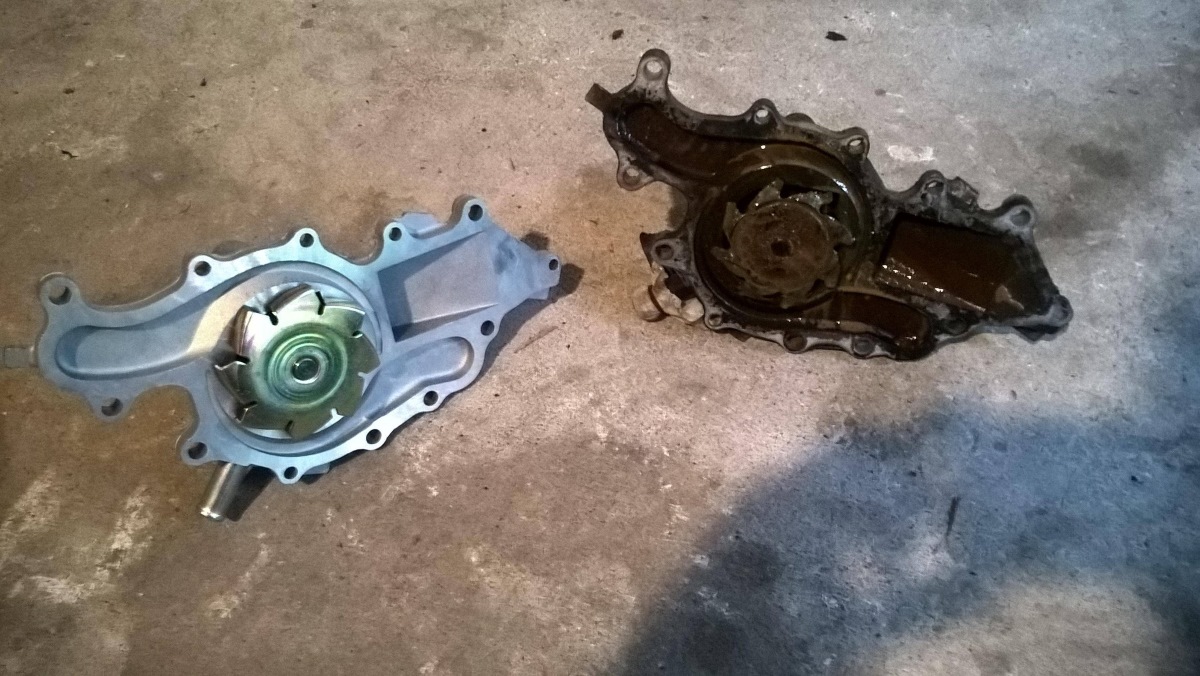
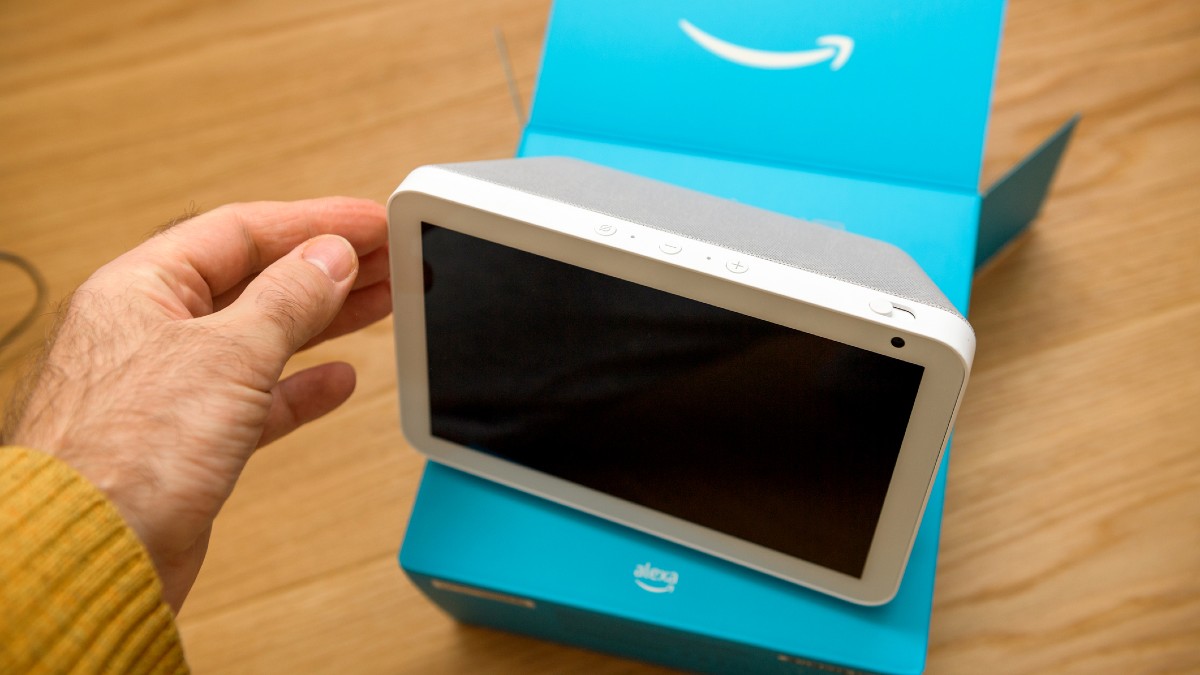
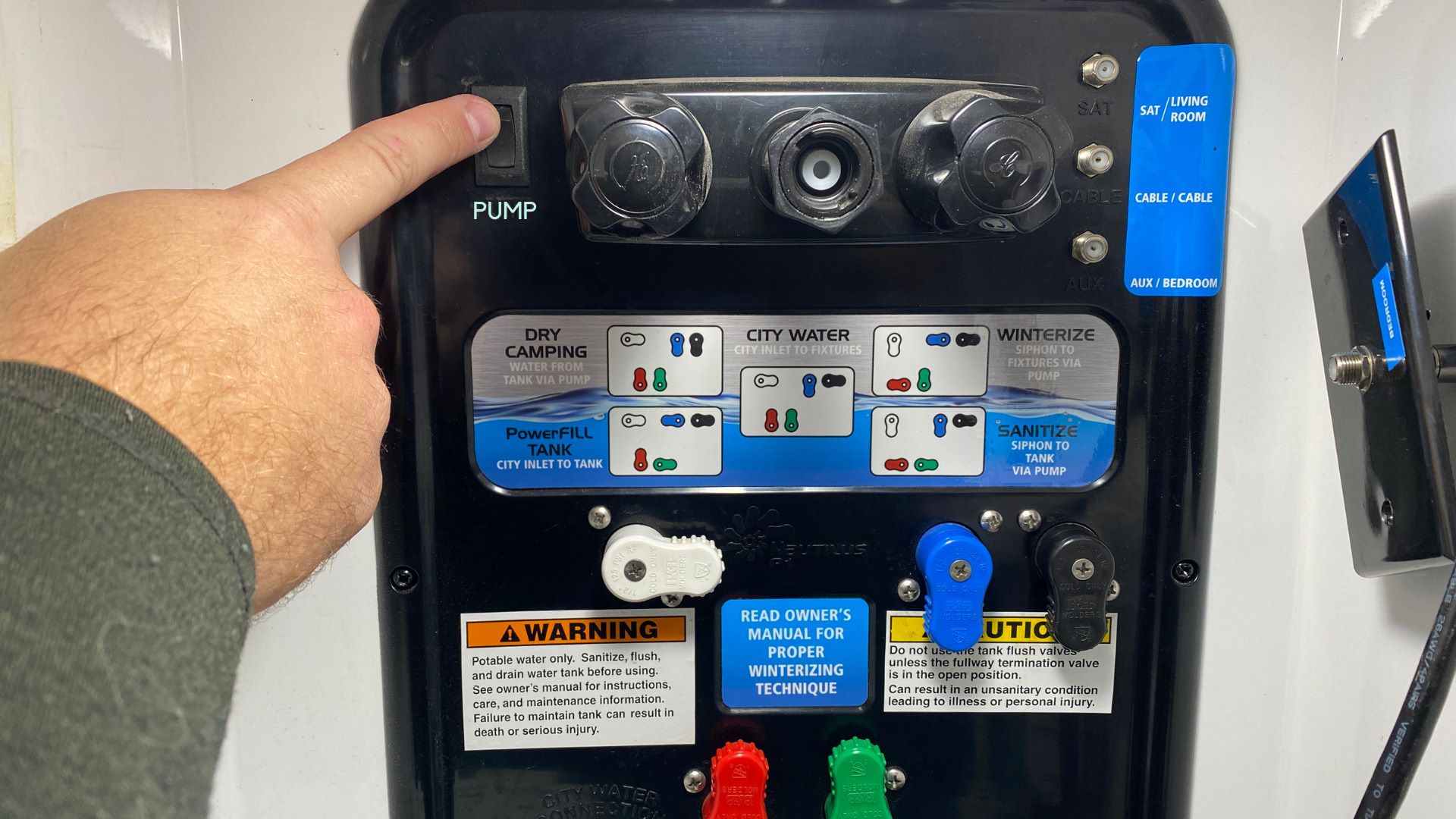
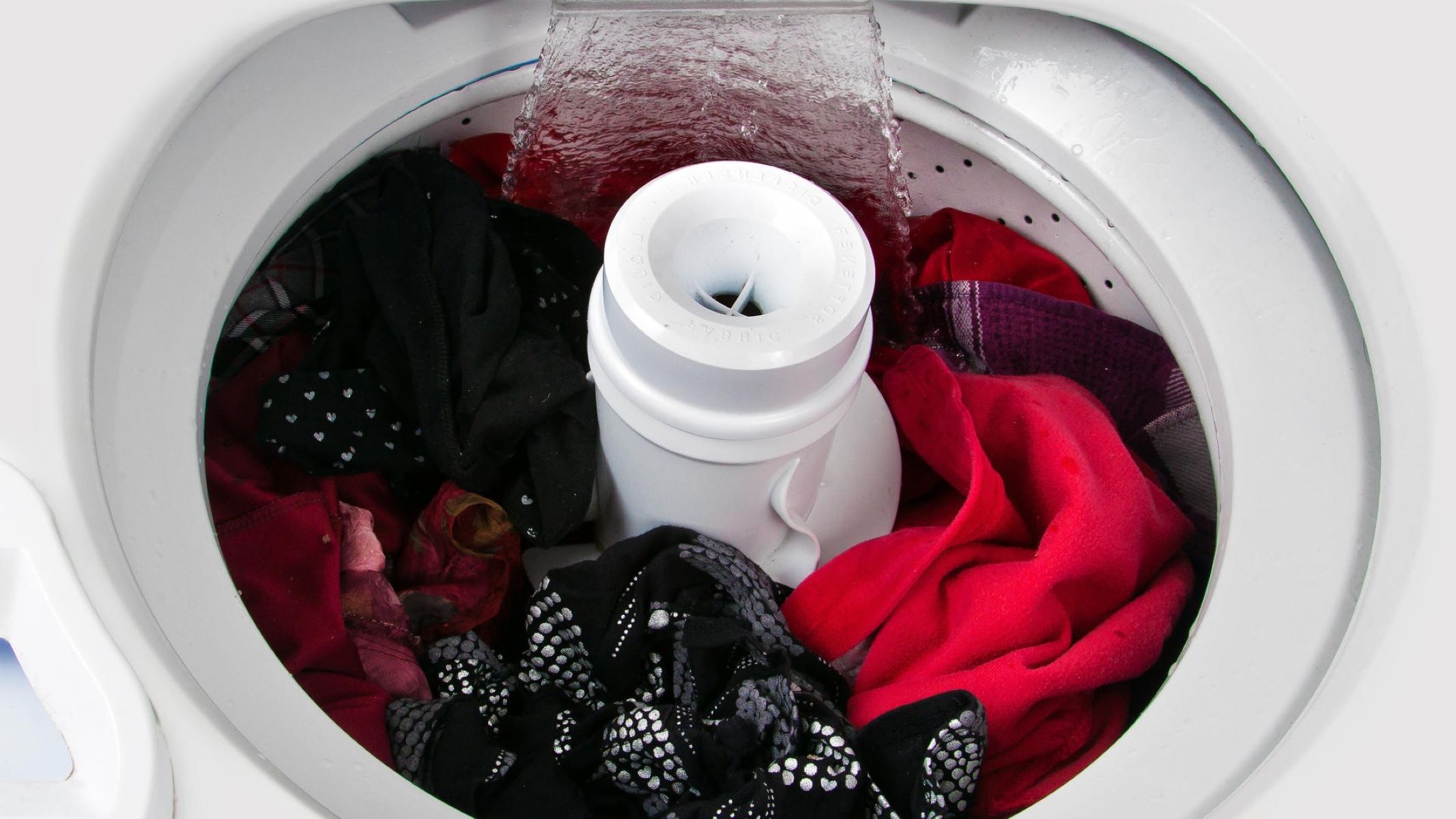
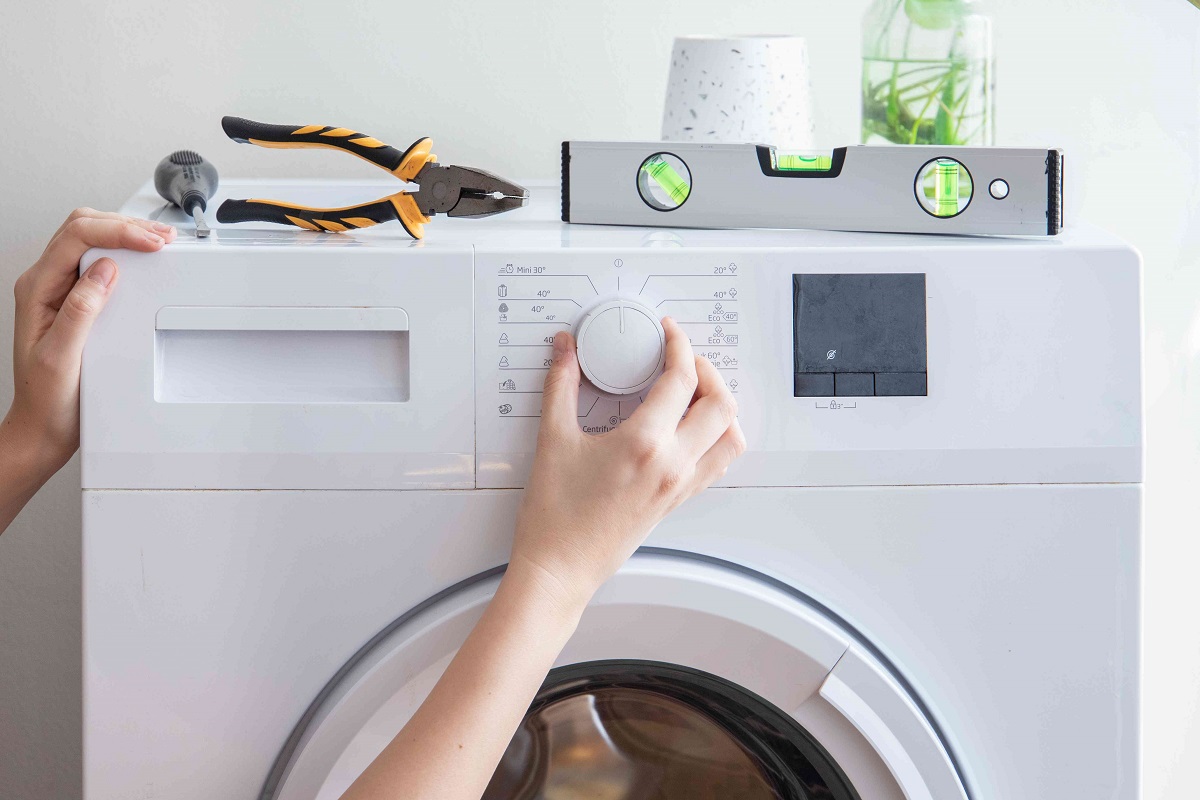
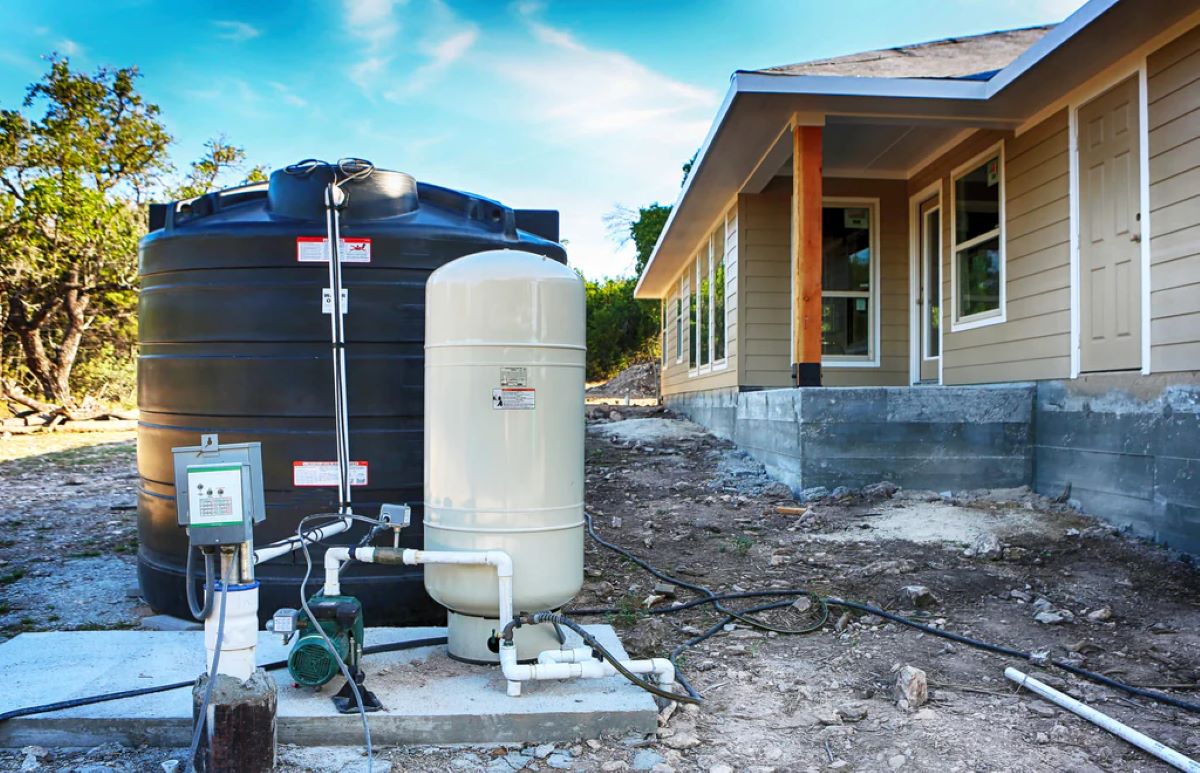
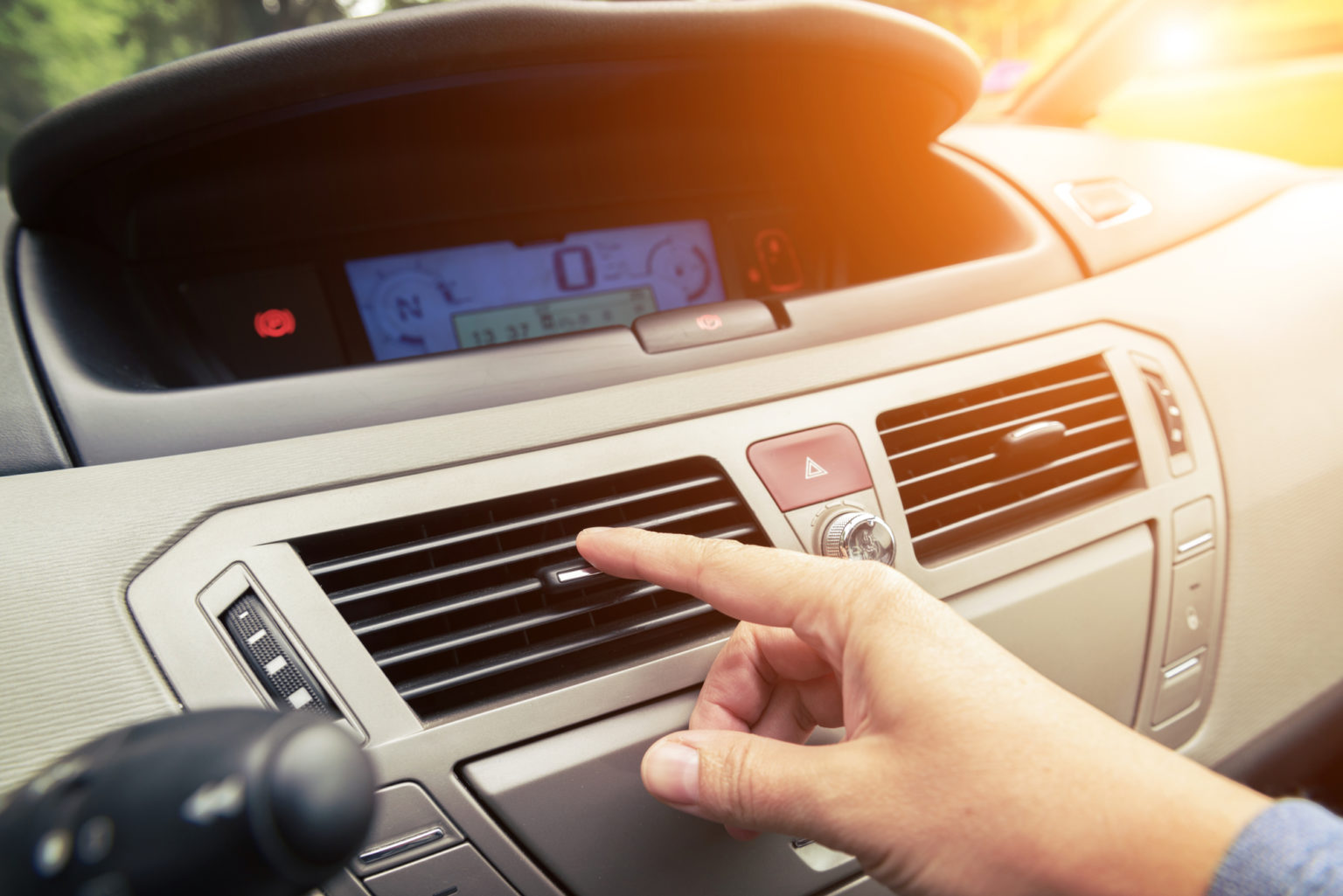
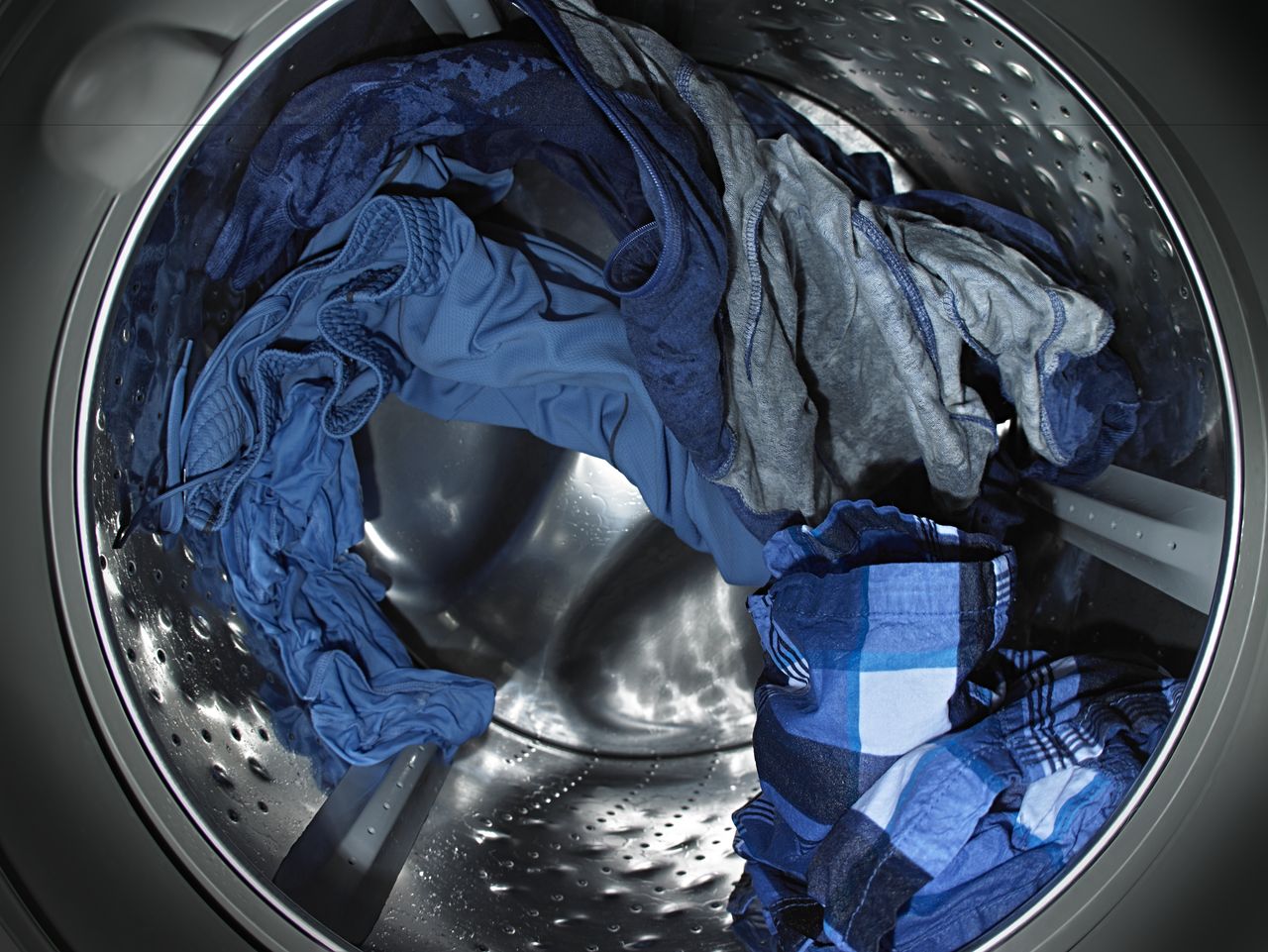
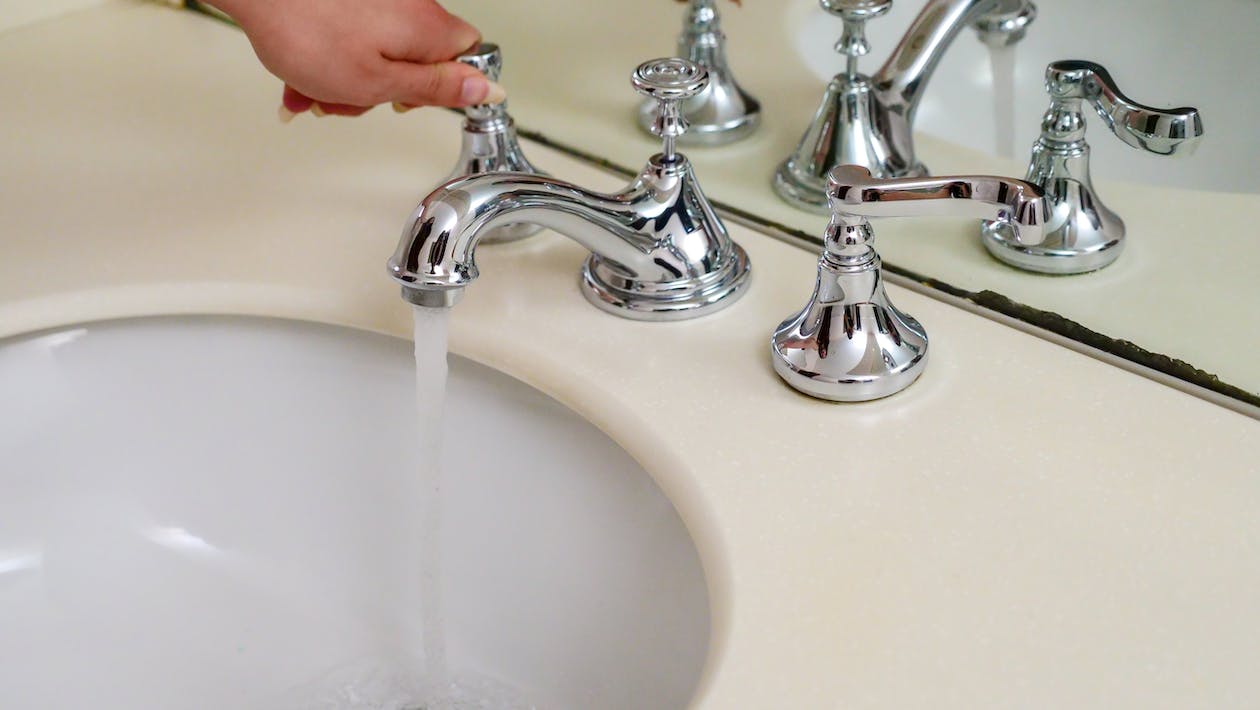
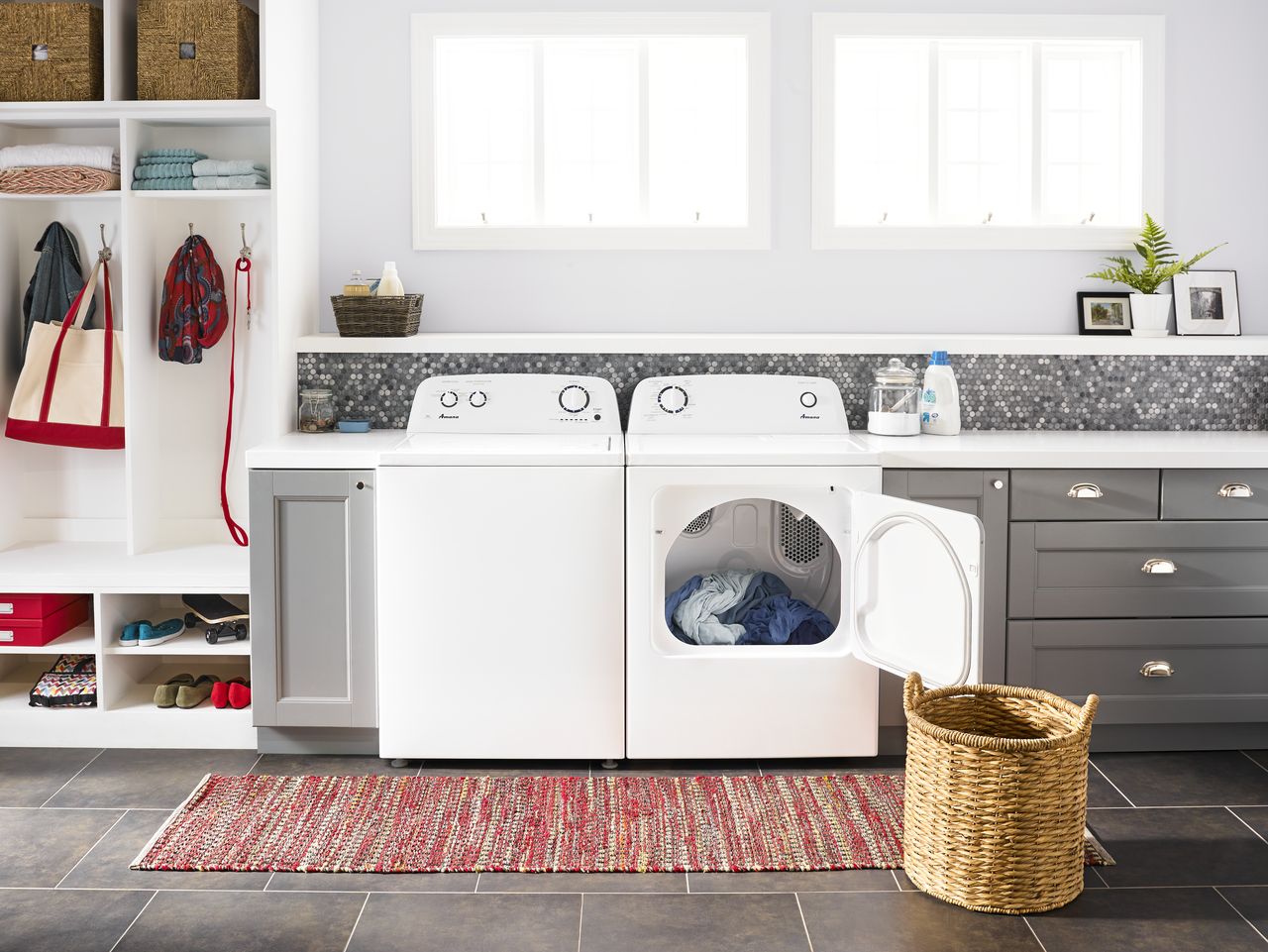
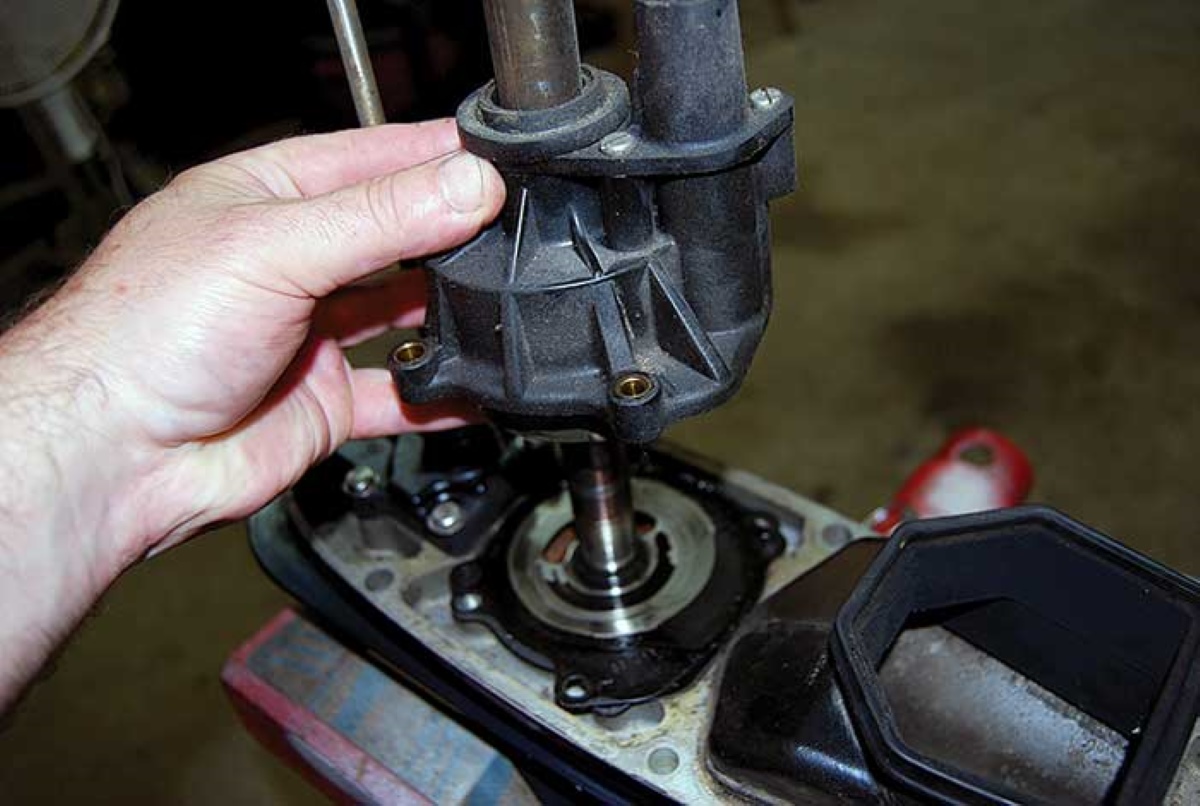
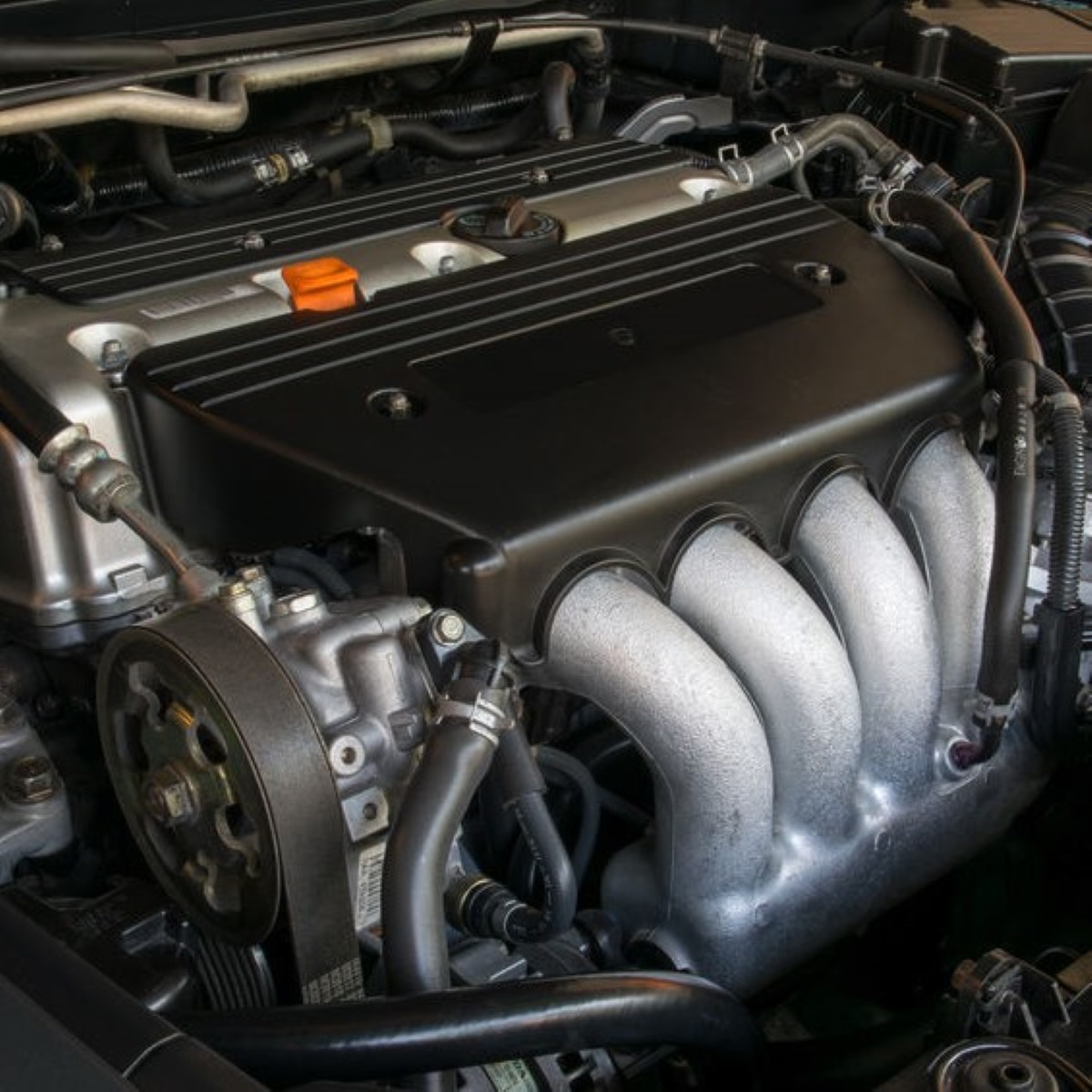
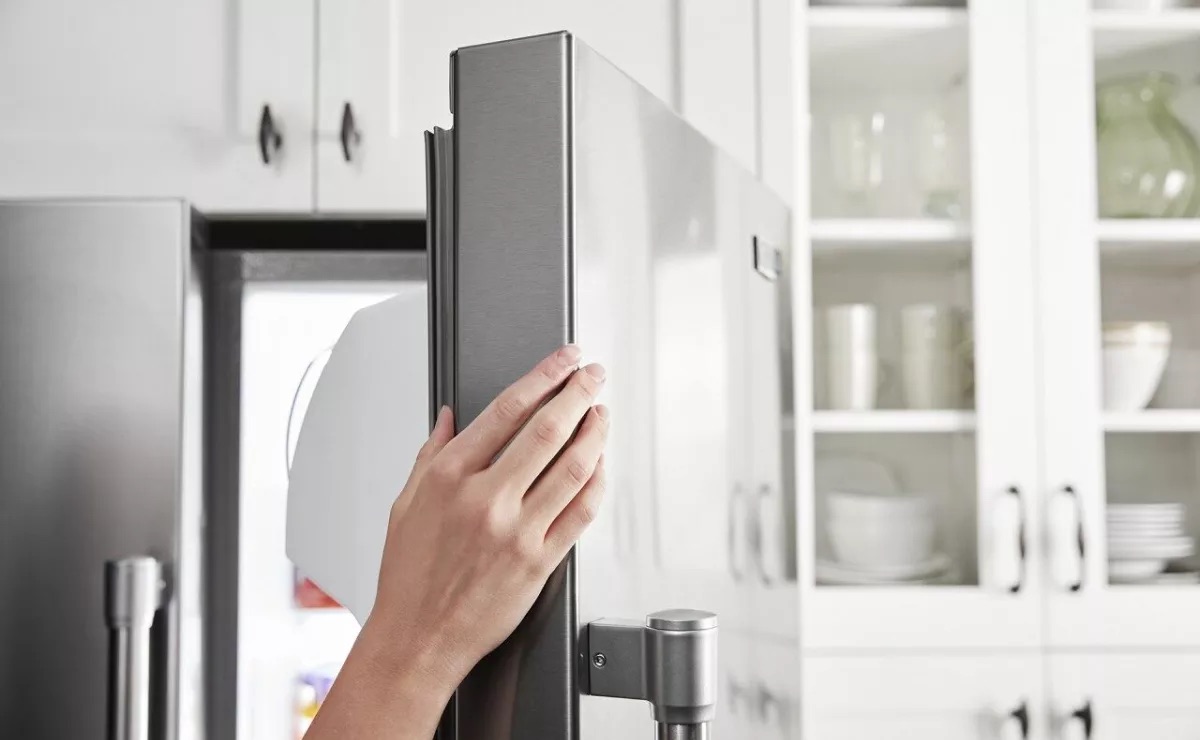
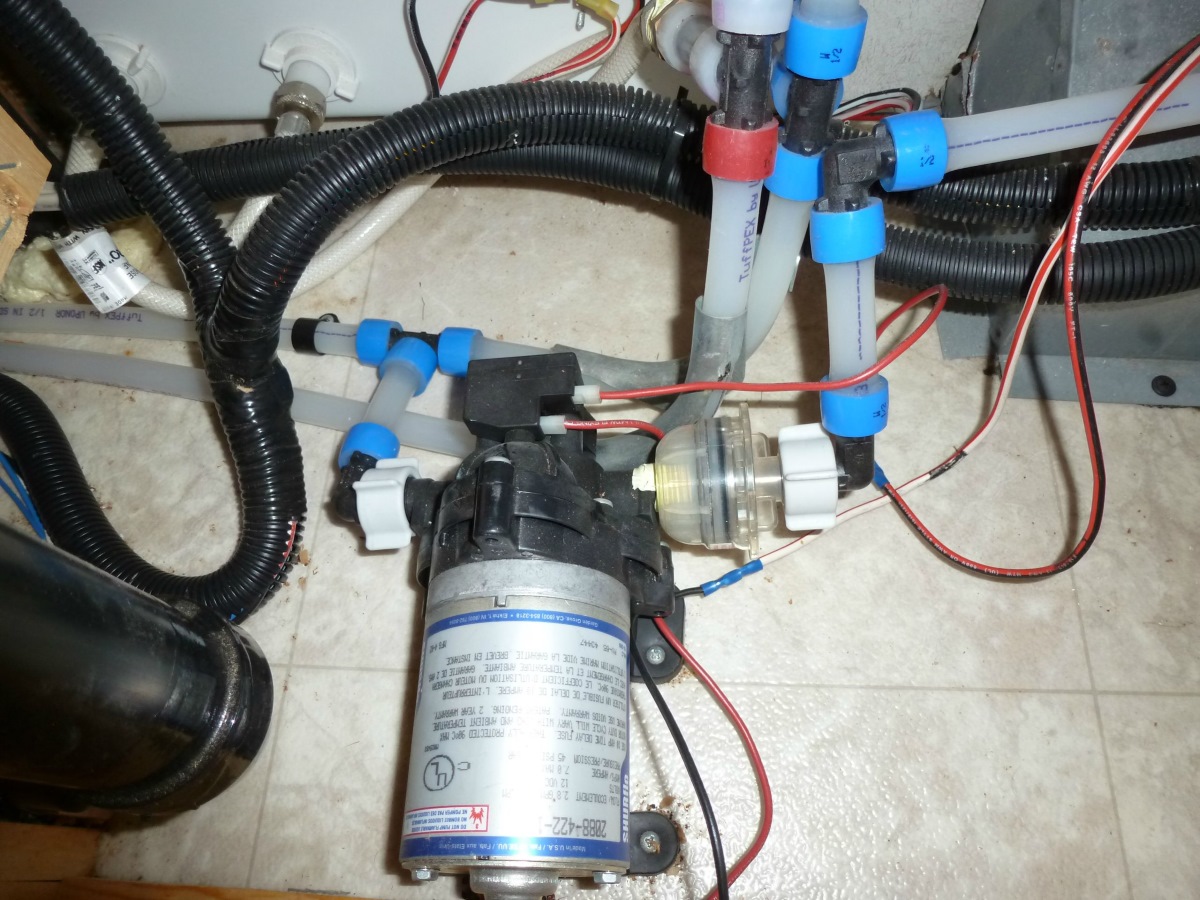

0 thoughts on “Does Water Pump Make Noise When Going Bad”